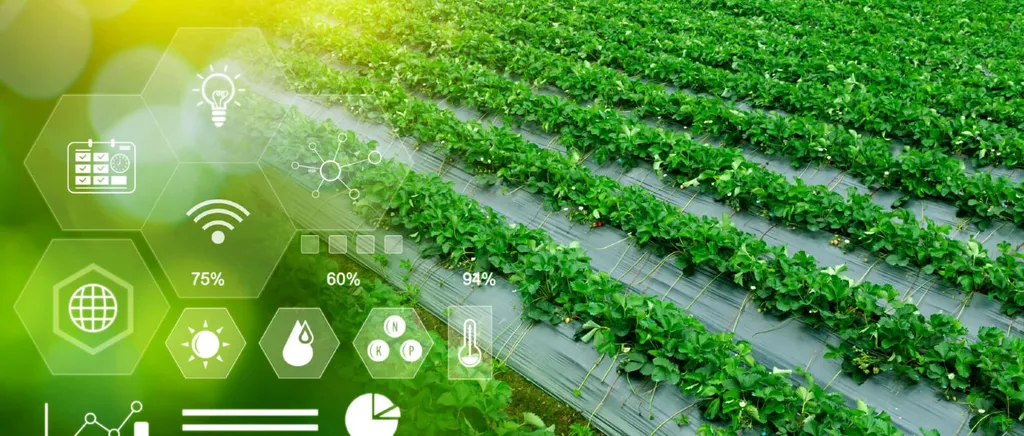In a significant gathering that underscored the transformative power of innovation in agriculture, the Ministry of Agriculture and Environment convened a pivotal event chaired by Minister Tran Duc Thang. The conference highlighted the remarkable strides made in the sector, particularly between 2021 and 2025, as compared to the previous five-year period. The Ministry’s Department of Science and Technology presented a comprehensive overview of these achievements, painting a picture of a sector on the cusp of a technological renaissance.
The past five years have witnessed a flurry of scientific and technological advancements. The sector has recognized 225 new varieties in plant, livestock, aquaculture, and forestry; approved 150 technical advances; and granted 158 patents, intellectual-property rights, and technical guidelines. These innovations have not only boosted productivity but also enhanced sustainability, a critical need in today’s agricultural landscape. Additionally, 72 scientific dossiers have supported policy-making and state management, while 31 new devices and materials have been successfully developed.
The conference also shed light on the sector’s burgeoning scientific output. International publications have surged by 49%, totaling 3,665, while domestic articles have risen by 34%, reaching 6,540. These figures underscore the sector’s growing influence and contribution to global agricultural knowledge. Moreover, training activities have yielded 415 Master’s graduates and 212 PhDs, equipping the sector with a skilled workforce capable of driving further innovation.
The practical implications of these advancements are equally impressive. Over 1,000 technology-based agricultural production models have been implemented nationwide, accompanied by the publication of 193 national technical regulations and 1,864 national standards. These models have significantly reduced input costs and increased profits, with high-tech cultivation, husbandry, and aquaculture models boosting economic efficiency by 10–30%. These innovations have reshaped farming practices and strengthened the sector’s competitiveness on the global stage.
The ministry’s scientific achievements have been duly recognized, earning one Ho Chi Minh Award, three State Awards, and numerous national innovation prizes. These accolades serve as a testament to the sector’s commitment to excellence and innovation.
However, the conference also acknowledged the challenges that lie ahead. Many assigned research tasks lack allocated funding, and tight planning deadlines have left institutions struggling to prepare adequate project documentation. Newly effective laws and regulations on science, technology, and innovation require additional time for full implementation. Long-term human-resource planning remains limited, and investment in strategic technologies is modest. The scientific workforce in agriculture and environment is both insufficient and under-skilled, with low commercialization rates and limited linkage between training institutions and real-world needs.
In his concluding remarks, Minister Tran Duc Thang called for closer integration of research, training, and production. He urged institutions to ensure that scientific findings are translated into market-ready products that enhance the sector’s competitiveness. This call to action underscores the need for a holistic approach to agricultural innovation, one that bridges the gap between scientific discovery and practical application.
The event served as a reminder of the pivotal role that innovation plays in boosting productivity and sustainability in the agricultural sector. As the sector continues to evolve, the integration of research, training, and production will be crucial in driving further advancements and ensuring the sector’s competitiveness in the global market.

